Mosquitoes are one of the most ubiquitous and annoying insects on the planet. Despite their irritating presence, there is a purpose for mosquitoes that goes beyond simply being an annoyance. In fact, they play an important role in our environment by providing food for other animals and helping to pollinate plants. Furthermore, some species of mosquito even have medicinal uses which can be beneficial to humans. They play a key role in many ecosystems and provide vital resources to humans and other animals. Without them, entire habitats would be disrupted and our own health could suffer significantly.
Why are mosquitoes important
Mosquitoes are important for a number of reasons:
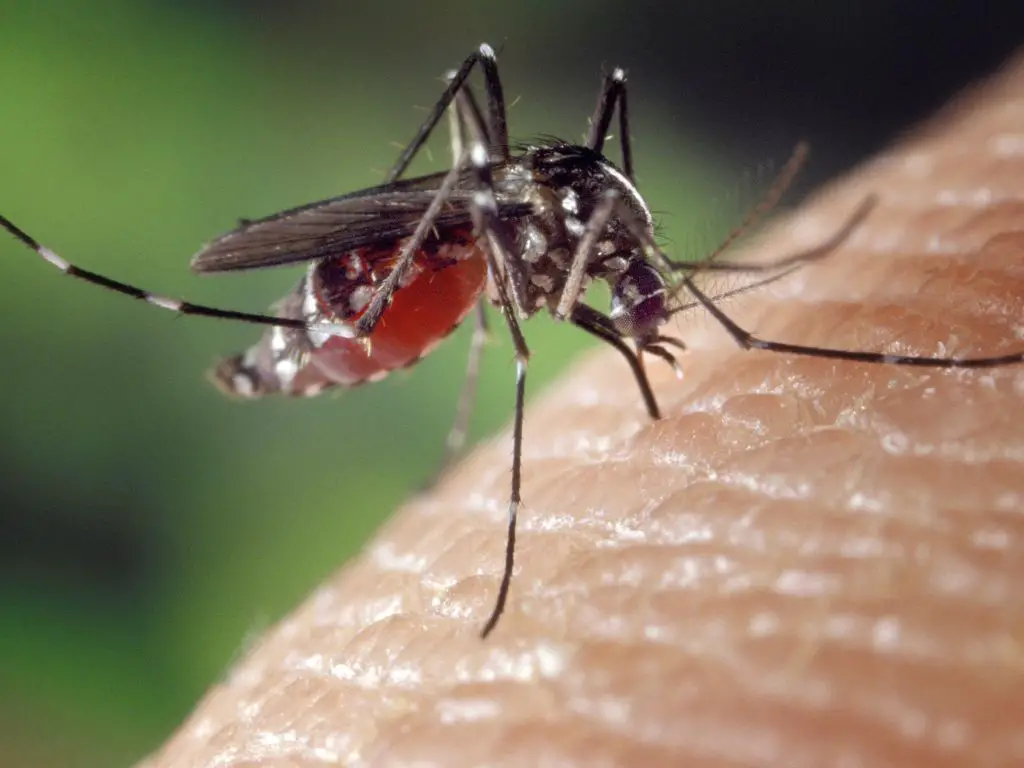
- First, mosquitoes are an essential food source for many birds, fish, amphibians and bats – all of which help regulate ecosystems by controlling pest populations or pollinating plants that produce oxygen for us to breathe.
- Mosquitoes also act as vectors for some diseases like West Nile Virus or Zika virus; without them these illnesses wouldn’t spread from person-to-person so quickly.
- In addition to this natural control service they provide us with valuable research opportunities into new treatments or vaccines that can combat deadly diseases around the world – something we couldn’t do without them!
- Finally, it is important not to forget about how helpful mosquitoes can be when it comes down to understanding genetic diversity within species too! By studying their DNA researchers have been able learn more about how different mosquito populations interact with each other in order better understand evolution over time – knowledge that has helped scientists develop new strategies against malaria outbreaks across Africa & South America regions where cases remain high today due largely in part because there was no prior understanding of local mosquito genetics before now!
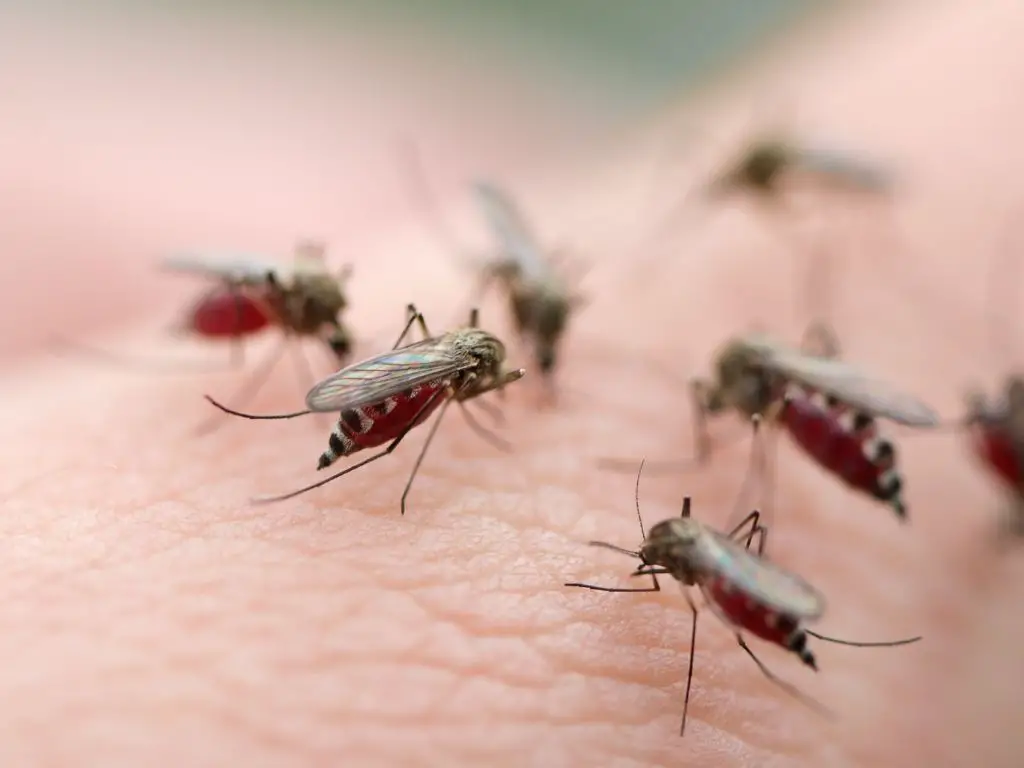
Mosquitoes may cause much frustration but they serve a critical purpose: helping maintain balance within nature while providing invaluable insight into human health issues worldwide through disease vectoring & genetic studies alike – making them truly one of the most remarkable creatures on planet Earth!
Why are mosquitoes important to the ecosystem
Here are some reasons why mosquitoes are important to the ecosystem:
- Mosquitoes are a major source of food for many species of birds, bats, and other animals.
- Mosquitoes are important pollinators for a variety of plants, including orchids and other flowers. Certain species help with pollination as they transfer pollen from flower to flower while feeding on nectar from these flowers; this helps ensure that new generations of plants can continue growing in our ecosystems without interruption due to lack or resources or cross-pollination abilities between two distinct varieties .
- Mosquitoes are an important part of the food chain, serving as a source of food for predators and helping to regulate the populations of other species.
- Mosquitoes play a role in the decomposition of organic matter by feeding on nectar and other plant materials.
- Mosquitoes are an important indicator of the health of an ecosystem. Changes in mosquito populations can be a sign of changes in the environment, such as changes in temperature or humidity.
- Mosquitoes play a role in the regulation of certain diseases by serving as vectors for the transmission of certain pathogens.
- Mosquitoes contribute to the biodiversity of an ecosystem by providing a habitat for a variety of other species, including birds, bats, and other insects.
- Some species also contain compounds within their saliva which have been found useful in medical treatments such as malaria prevention or wound healing applications; this has allowed scientists and researchers alike access into potentially life-saving treatments thanks largely due to the contributions made by these pesky little critters!
- Mosquitoes are a natural part of many ecosystems and play a vital role in maintaining the balance of nature.
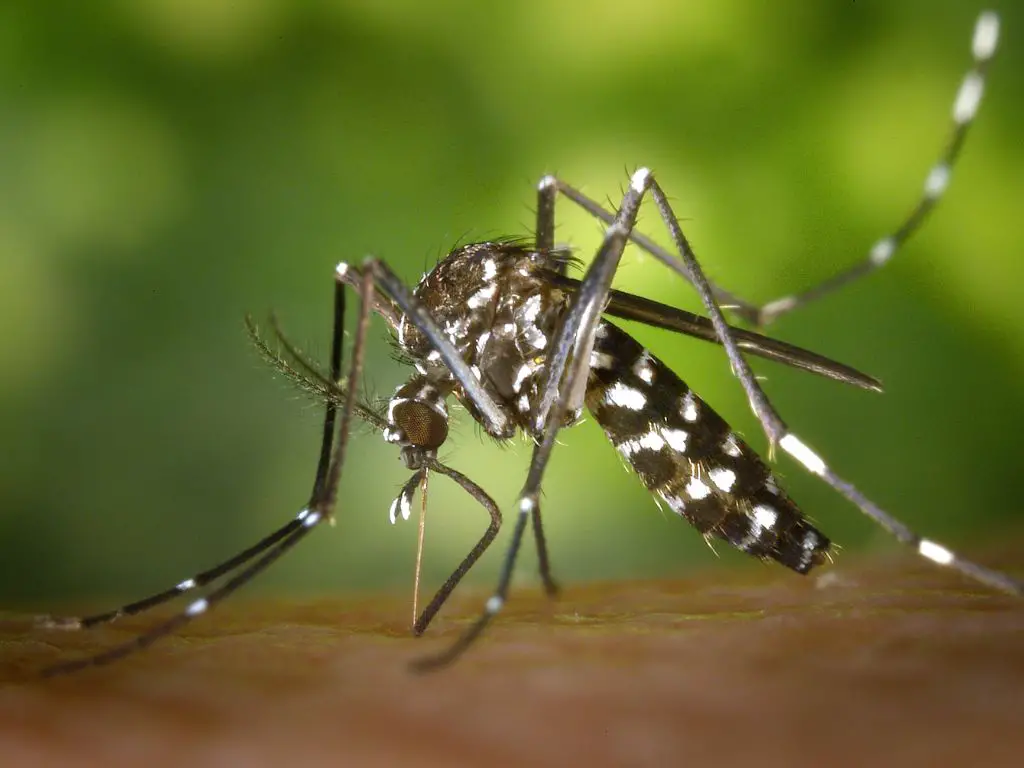
All things considered then it’s clear that although we may not appreciate them at times there is indeed a purpose behind every mosquito after all!
What would happen if mosquitoes went extinct?
If mosquitoes were to go extinct, the implications for our environment and health would be far-reaching. Mosquitoes are an integral part of many ecosystems as they provide food for a variety of species such as fish, frogs and birds. Without them, these animals may suffer from malnutrition or even become extinct in some cases. Furthermore, mosquitoes also play a role in pollination which helps to maintain biodiversity within certain areas.
🔬 Subscribe to SciMail
Get the latest science discoveries straight to your inbox!
The impact on human health could also be significant if mosquitoes were to disappear completely from the planet. These insects transmit diseases like malaria and Zika virus which affect millions of people around the world every year; without them there would likely be fewer instances of these illnesses being spread amongst populations living in endemic regions where access to healthcare is limited or non-existent altogether. Additionally, their absence may cause other types of insect pests such as flies or ticks that can carry similar diseases but with less efficiency than mosquitoes do currently increase dramatically due to lack competition for resources between different species that normally compete with each other when present together naturally within an ecosystem.
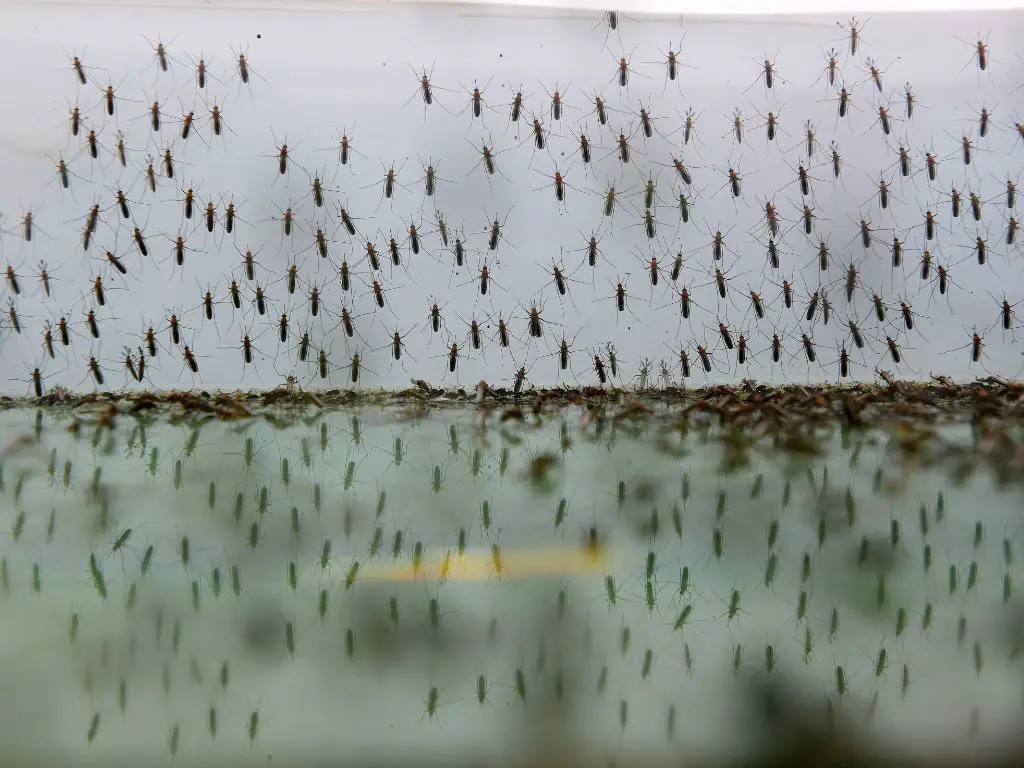
In conclusion it is clear that if all mosquitoes were eliminated then this could have serious consequences both environmentally speaking and regarding human health globally speaking too; therefore it essential we continue research into ways mitigate mosquito numbers whilst attempting conserve their population levels so we ensure both natural habitats remain intact along with protecting vulnerable individuals who live at risk areas against potentially fatal infectious disease outbreaks caused by mosquitoes themselves .
Would the world survive without mosquitoes?
This is an interesting question that has been debated for many years now.
On one hand, it could be argued that mosquitoes play an important role in our environment by acting as pollinators for certain plants, providing food sources for some species of birds and bats, as well as helping to control populations of other insect species such as midges or blackflies which may otherwise become overpopulated if left unchecked. Therefore their absence could have a detrimental effect on local ecosystems around the globe where they are present.
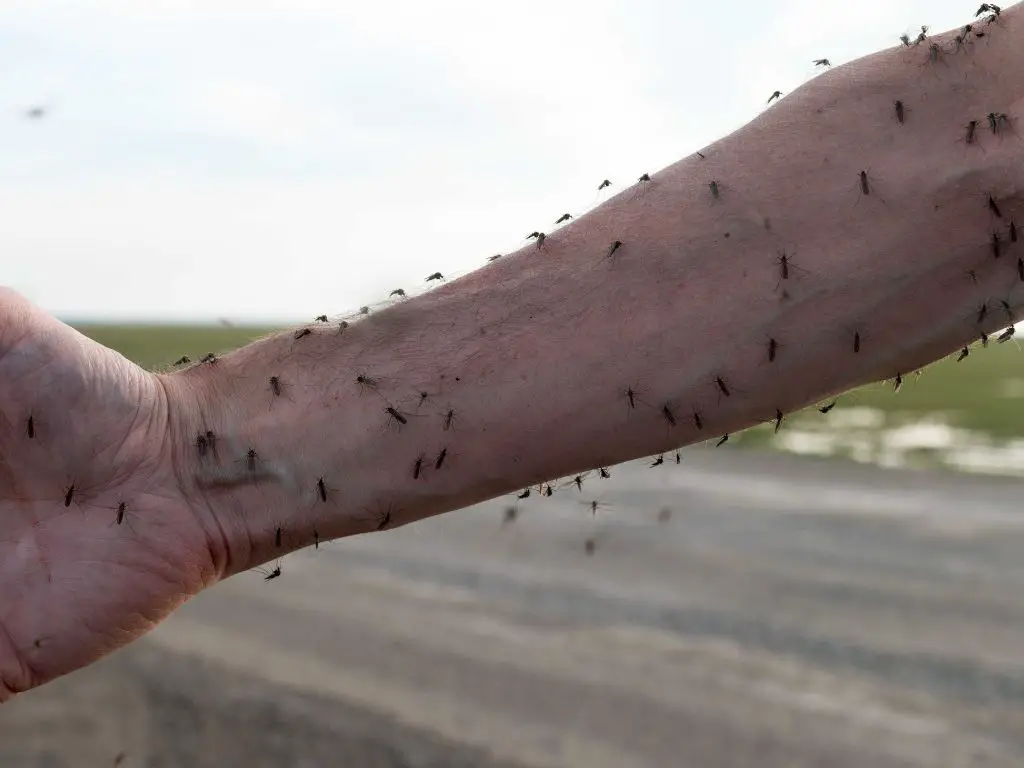
However there is also evidence to suggest that removing mosquitoes from our planet might actually benefit us in numerous ways too – particularly when we consider how much damage these creatures cause through spreading diseases like malaria or dengue fever amongst human populations worldwide each year; not forgetting the sheer amount of discomfort caused by their constant biting! In this sense then it seems clear that getting rid of them altogether would certainly have its advantages – both practically speaking but also ecologically too given how much harm they can do when allowed to thrive unchecked within any given area inhabited by people or wildlife alike!

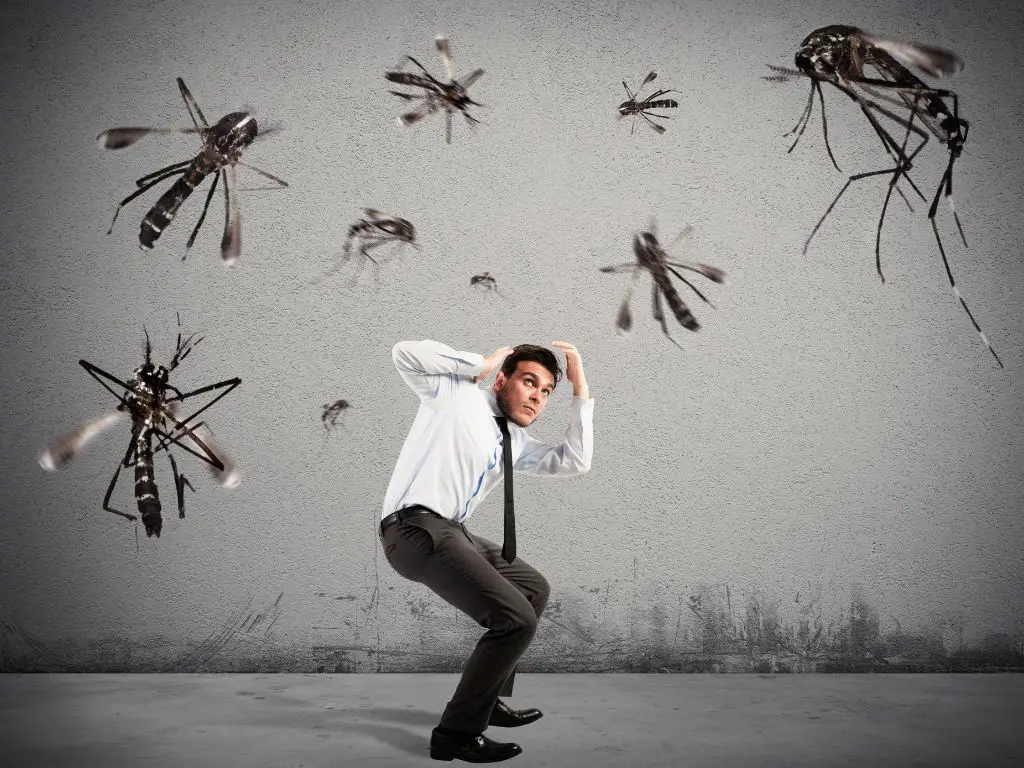
Leave a Reply